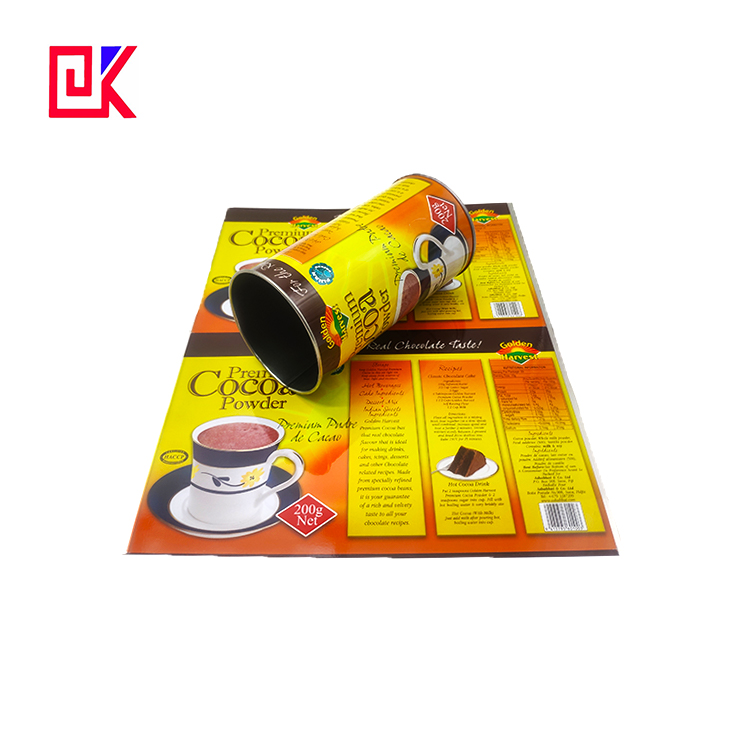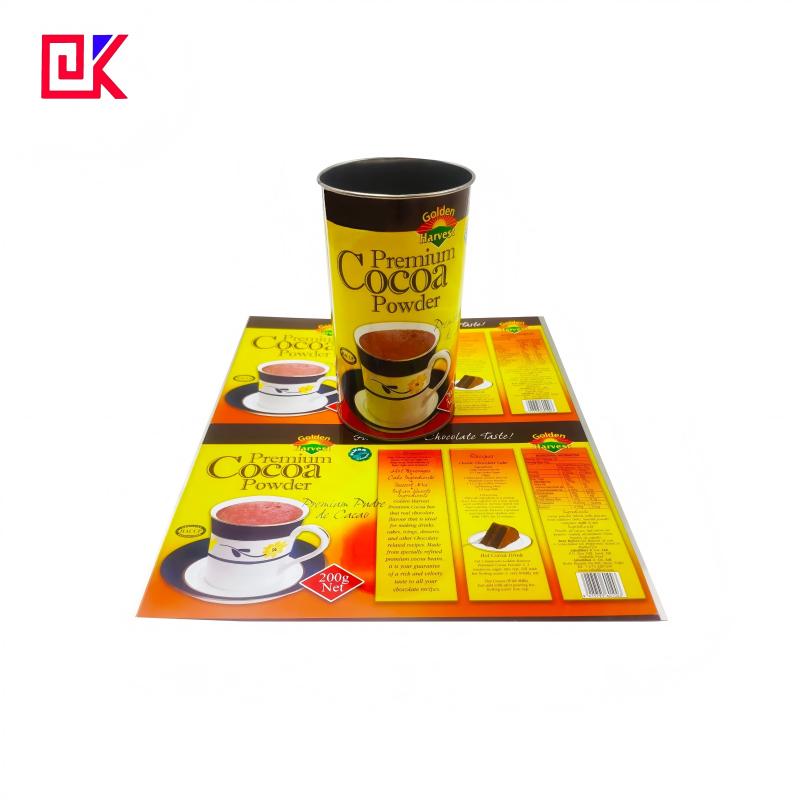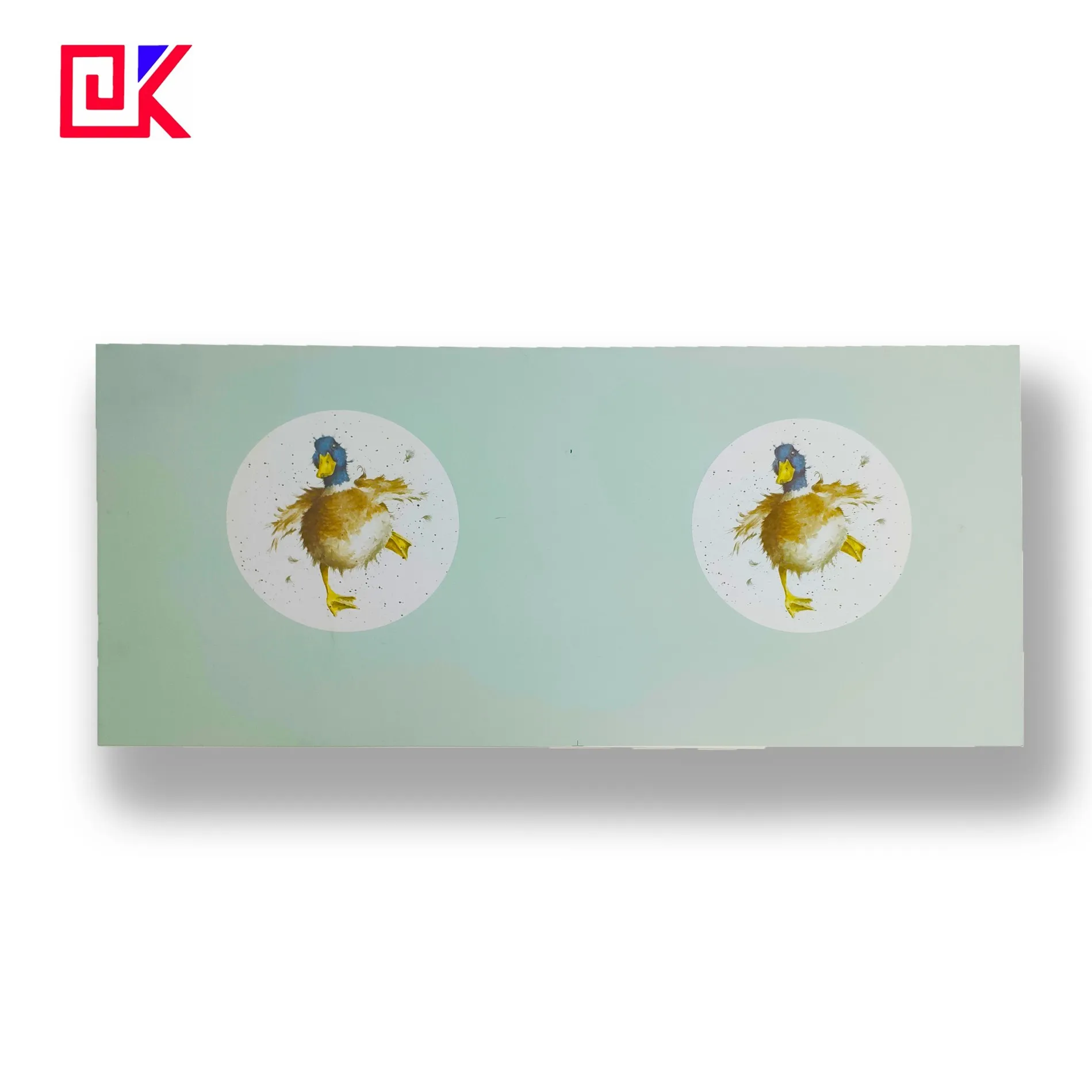As a globally beloved beverage, coffee’s flavor and aroma are the most cherished qualities of coffee lovers. However, the way coffee beans and grounds are stored directly affects the taste and quality of coffee. There are many types of coffee storage containers on the market, from vacuum jars to sealed bags, from glass bottles to metal cans, each with its own unique advantages and disadvantages.
So, which container is best for storing coffee? Let’s take a deep look at the characteristics of different containers from multiple angles to help you choose the most suitable coffee storage method.

Why do coffee storage require special containers?
1. Why is the aroma of coffee easy to lose?
Coffee beans are rich in aromatic substances, which give coffee its unique flavor, but they are also extremely unstable. The volatile compounds in coffee beans or coffee grounds are easily oxidized with contact with air, resulting in the loss of aroma. Once exposed to air, the oil components in coffee will be oxidized, making the coffee taste bitter. Therefore, it is crucial to keep the airtight state when storing coffee.
2. How do light and temperature affect coffee?
Changes in light and temperature can accelerate the oxidation process of coffee beans or coffee powder, especially ultraviolet rays, which have a significant destructive effect on coffee. Ultraviolet rays in sunlight can accelerate the rancidity of coffee oils and affect their flavor. In addition, an environment with large temperature fluctuations can cause the moisture and oil in the coffee beans to be activated, affecting the storage time. Therefore, coffee storage requires a container that can effectively block light and maintain a constant temperature.
Is a sealed can an ideal storage option?
1. Can a sealed can isolate air?
The original intention of the design of a sealed can is to prevent air from entering to protect the substances inside from oxidation. Generally speaking, high-quality sealed cans use a screw-type sealing cover or a buckle-type sealing design to isolate air through a sealing ring. For coffee storage, sealed cans can delay oxidation to a certain extent, but they cannot completely eliminate the residual air, especially after a long storage period, the residual air in the sealed can may affect the aroma of the coffee.
2. Will a vacuum sealed can be better?
Vacuum sealed cans perform better in isolating air than ordinary sealed cans. By extracting the air in the can, the vacuum sealed can effectively reduces the contact area between coffee and air and slows down the oxidation process. This type of sealed can is usually equipped with a one-touch vacuum function, which can be manually operated to expel most of the air before storing coffee. However, vacuum sealing does not mean complete oxygen-free, and a small amount of gas may flow back over time. Therefore, vacuum sealed cans are suitable for short-term storage, and the recommended storage time is no more than one month.
Are glass containers suitable for storing coffee?
1. Can glass containers block light?
As a common storage tool, glass containers are popular among users because of their transparent material, which makes it easy for people to observe the items inside. However, the glass material has strong light transmittance and cannot effectively block the damage of ultraviolet rays to coffee. Therefore, glass containers are not ideal for coffee storage. Unless placed in a light-proof storage environment, long-term exposure to light will accelerate the oxidation of coffee.
2. Is colored glass better than transparent glass?
In order to solve the light problem, colored glass containers have become an alternative on the market. Generally speaking, dark or brown glass has a certain UV protection effect, which can protect coffee from the influence of light to a certain extent. However, the sealing performance of colored glass is still relatively limited, and it cannot completely isolate the air, so it is still necessary to choose carefully for long-term storage needs.

Is a metal can the best storage option?
1. How is the sealing of metal cans?
Metal cans are usually made of tinplate or stainless steel. They have strong sealing performance and are opaque. They can effectively block the penetration of ultraviolet rays and provide better light isolation conditions for coffee storage. In addition, many high-quality metal cans are equipped with silicone sealing rings to ensure the sealing state inside the can, greatly reducing the possibility of air infiltration, making the coffee storage effect more ideal.
2. Will metal cans affect the taste of coffee?
The material of the metal can itself does not directly affect the taste of coffee. Aluminum and stainless steel products are usually treated with special coatings to avoid the interference of metal taste on coffee. Therefore, for coffee lovers who pursue sealing and light protection, high-quality metal cans are a more ideal choice. However, it should be noted that inferior metal cans may have coating shedding or oxidation, which indirectly affects the quality of coffee.
Can plastic containers effectively store coffee?
1. How is the sealing of plastic containers?
The sealing of plastic containers is relatively weak, and their materials are easily affected by temperature and environment, which may cause gas penetration inside and outside the can. Although plastic containers are cheap and lightweight, they are generally not recommended for long-term storage of coffee, especially in environments with large temperature differences. Plastic materials are easily deformed, affecting the sealing effect and causing the coffee flavor to deteriorate.
2. Would food-grade plastic containers be better?
Food-grade plastic containers undergo special treatment during the manufacturing process to reduce the release of harmful substances, making them more suitable for storing food than ordinary plastics. However, food-grade plastics still cannot effectively block light and have limited air isolation effects. In the absence of a better option, food-grade plastic containers can be used for short-term storage, but are not recommended for long-term storage.
Are ceramic containers suitable for long-term storage of coffee?
1. How is the light-shielding performance of ceramic containers?
Ceramic containers have good light-shielding properties and can effectively isolate ultraviolet rays and reduce the impact of light on coffee. In addition, ceramic materials are stable and not easily affected by temperature changes, which can provide a relatively stable storage environment for coffee. However, ceramic containers usually lack a sealing structure and are susceptible to air penetration, so they are suitable for use in a sealed environment.
2. Does a ceramic container have any effect on the taste of coffee?
Ceramic itself does not have a direct impact on the taste of coffee, but due to its lack of sealing, it may lead to increased air contact and weaken the flavor of coffee. Therefore, if you choose a ceramic container to store coffee, you should match it with a design with a sealed lid to ensure the sealing effect, so that the coffee can maintain the best quality in a light-proof and stable environment.

Which type of coffee storage is suitable for different containers?
1. What is the difference between coffee beans and coffee powder storage?
The shelf life of coffee beans is much longer than that of coffee powder. The surface area of ground coffee powder increases, making it more susceptible to oxygen and moisture erosion. Therefore, it is recommended to choose a vacuum sealed can with excellent sealing and light-proof properties for short-term storage of coffee powder; while coffee beans can maintain stability for a long time in a vacuum sealed can or metal can.
2. Are freezing and refrigeration suitable for coffee storage?
Freezing and refrigeration can extend the shelf life of coffee, but they will bring the risk of condensation, especially when encountering a large temperature difference after opening the can, moisture will condense on the surface of coffee beans or coffee powder, resulting in loss of flavor. Therefore, if you choose to store coffee in a freezer or refrigerator, it is recommended to leave the coffee at room temperature for a period of time after thawing to avoid the effect of moisture.
How do purchasing options and pricing work?
Dekai's procurement team supports buying metal packaging products with flexible terms. We offer transparent quotes based on quantity, customization, branding, and delivery terms. Bulk buyers benefit from volume discounts, low prices, and occasional promotions. As a fully-integrated manufacturer located in China, we reduce middleman costs, supplying directly to your global distribution network.

